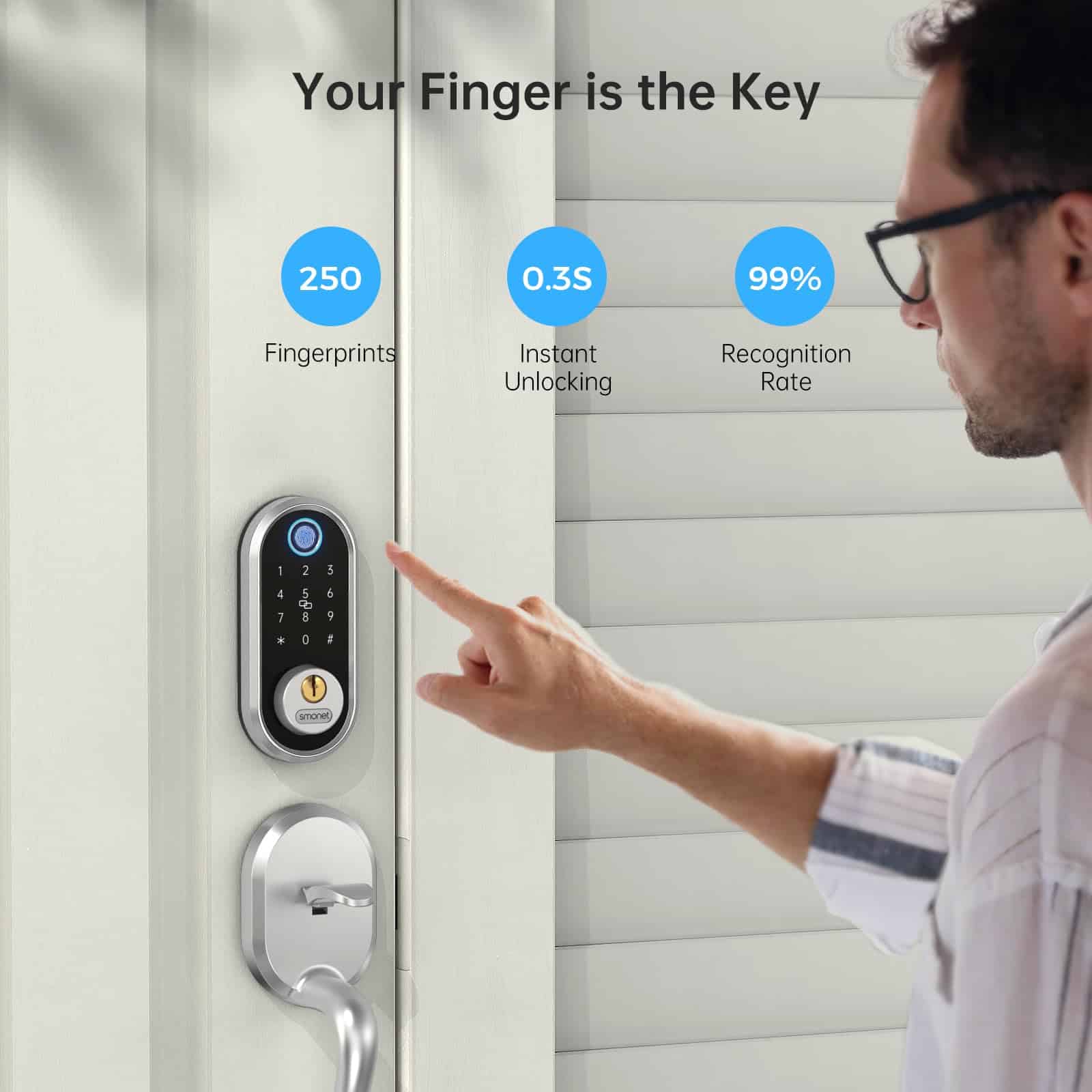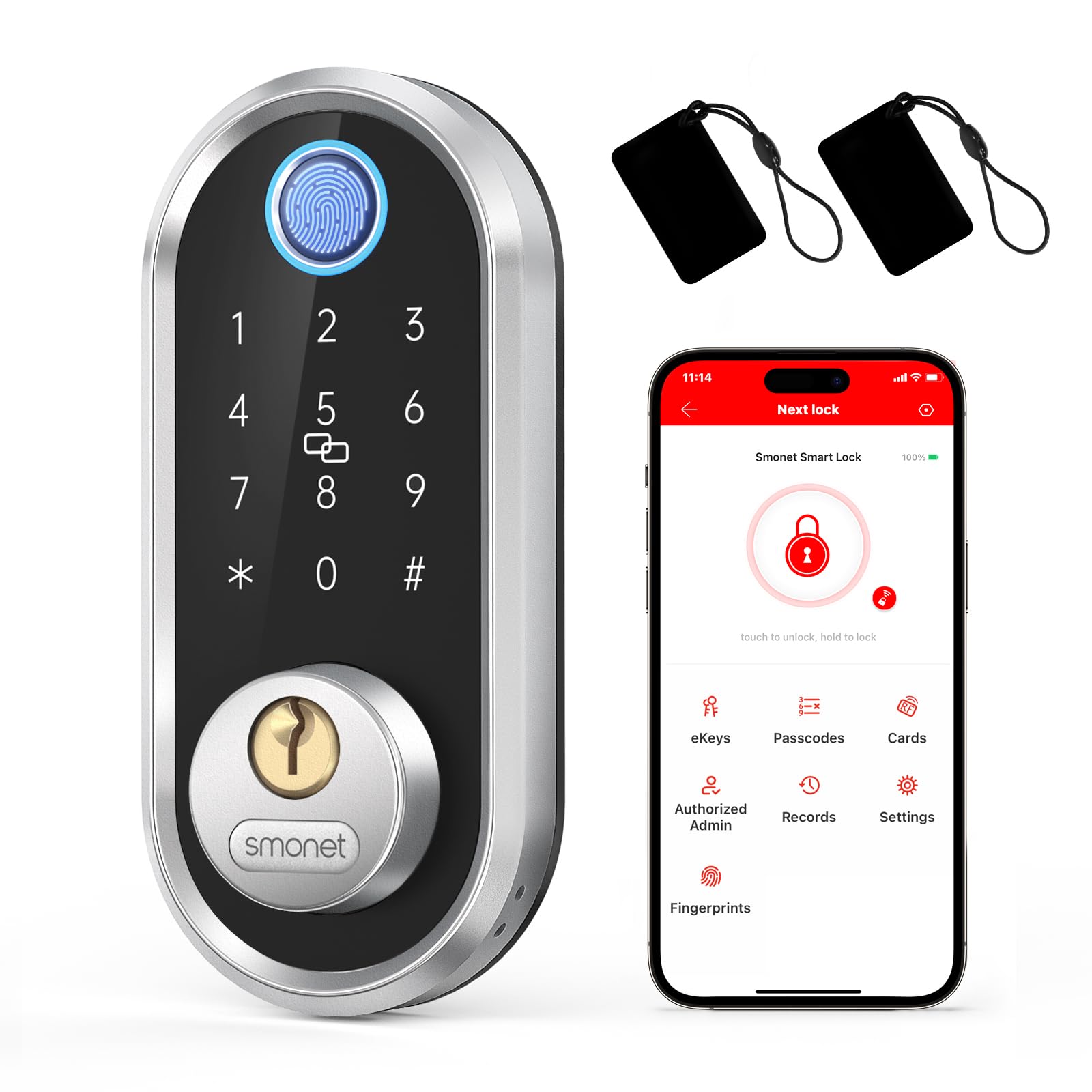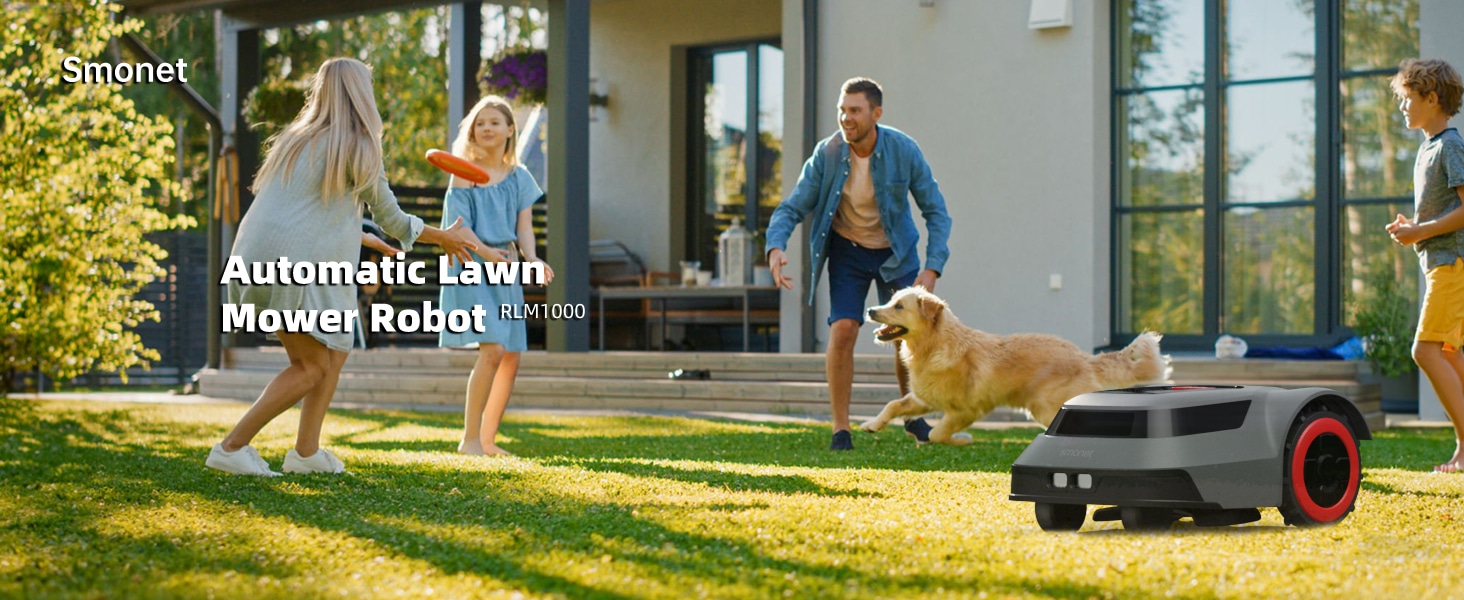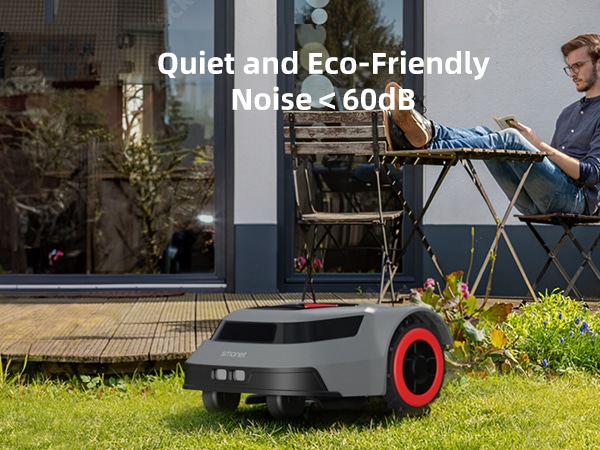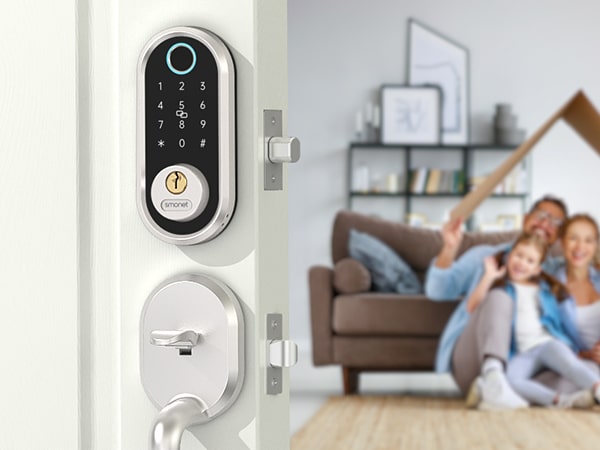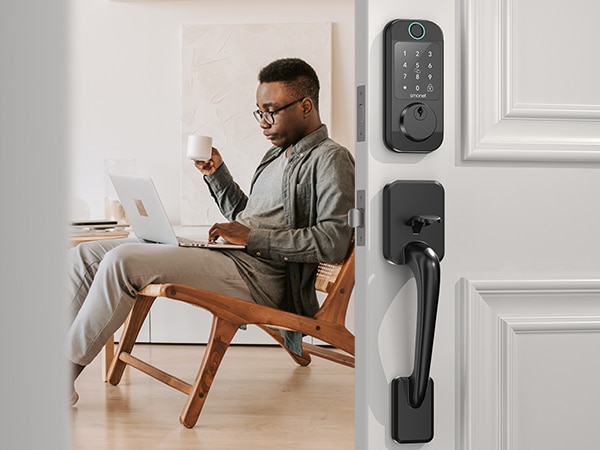The Evolution of Security: From Shutter Locks to Smart Electronic Door Locks
As security technology continues to evolve, so do the locking mechanisms we use to protect homes and businesses. While Electronic Shutter Locks remain a staple for commercial properties with rolling shutters, the rise of electronics lock systems has redefined access control for residential and smart home applications. In this article, we explore the core functions of Electronic Shutter Locks and how smart electronic locks now offer more intuitive and connected protection.
Understanding Electronic Shutter Locks
Electronic Shutter Locks are commonly used in retail shops, warehouses, and industrial facilities. Designed specifically for rolling or sliding shutters, these locks offer enhanced protection against break-ins. Their keyless design eliminates the vulnerabilities associated with traditional keys. Instead, users can access the lock using PIN codes, RFID cards, or biometric scans.
Some shutter lock models can be connected to alarm systems, triggering alerts during unauthorized access attempts. Their heavy-duty construction also deters forced entry, while built-in logging features provide records of when and how the lock was accessed—essential for business security monitoring.
Limitations of Shutter Locks in Residential Use
Despite their durability and effectiveness, Electronic Shutter Locks are not typically used for residential doors. Their design caters to shutter-based enclosures rather than hinged doors, making them less suitable for homes or apartments. This is where electronics lock systems, also known as smart door locks, come into play.
The Rise of Smart Electronic Door Locks
Electronics locks, particularly those built for residential use, have transformed the way people secure their homes. These locks integrate with Wi-Fi or Bluetooth, enabling homeowners to control access remotely through mobile apps. Users can lock and unlock doors, receive real-time alerts, and even create temporary passcodes for guests.
One major advantage is the ability to track activity from anywhere. For example, parents can be notified when their kids arrive home from school, or homeowners can confirm that their doors are locked while traveling. Many smart locks are compatible with voice assistants like Alexa or Google Assistant, offering voice control and seamless integration with smart home ecosystems.
Enhanced Features and User Experience
Smart electronics locks also come with auto-locking capabilities, anti-peep PIN entry, and emergency power backup options. Compared to traditional deadbolts or even commercial shutter locks, smart locks emphasize both convenience and safety. Brands like Smonet offer models that combine fingerprint access, smartphone control, and encrypted data protection in a sleek, modern design.
Conclusion
While Electronic Shutter Locks are ideal for commercial security, the evolution toward electronics locks for doors marks a new chapter in home protection. With features like remote access, real-time notifications, and AI-integrated control, smart electronic locks are no longer just an upgrade—they’re a necessity. For modern homeowners seeking peace of mind and enhanced convenience, switching to a smart lock is a future-ready decision that brings both security and simplicity.
Prime Day OFF
Until the End
-
Master Of Cleanliness: Visual Guide To Recognizing And Understanding Your Electric Pool Cleaners
-
Making the Right Choice for A Best Keypad Door Lock: A Guide Based on Material Consideration
-
Door Knob With Fingerprint Identification- The Future Of Home Security
-
An Evaluation Of Safety Features In Electric Lawnmower Motor According To Consumer Reports
-
Selecting the Ideal Digital Door Lock Style and Color for Your Abode
-
How To Change Your Smonet Robot Pool Vaccum Effectively
-
Evolution Of Security- Smart Door Key Lock
-
Mailbox Digital Lock- Reinventing Mail Security In The Digital Age
-
Exploring Alternative Unlocking Solutions - Smart Lock Fingerprint Cards and Wristbands
-
The Efficient Smonet Pool Vacuum: A Comprehensive Review

